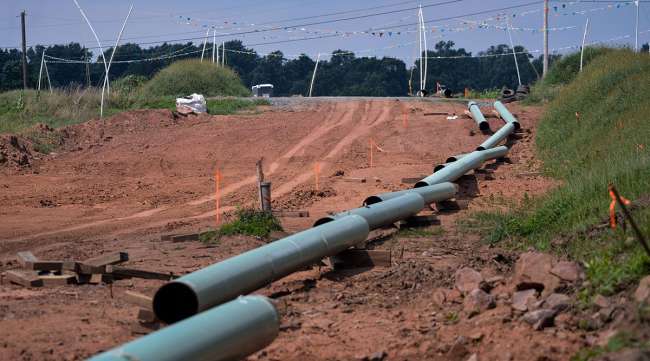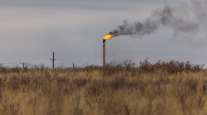Energy Transfer Files for Regulator Review in Pipeline Spat

[Stay on top of transportation news: Get TTNews in your inbox.]
Energy Transfer LP is asking the Federal Energy Regulatory Commission to take a closer look at a Williams Cos. pipeline project as a legal battle rages between the two companies.
Energy Transfer said in a FERC filing that Williams is constructing interstate transmission pipeline facilities in Texas and Louisiana without first seeking necessary approval. The filing also asks FERC to clarify how it applies tests to determine whether a facility needs a public-interest period and a review under the National Environmental Policy Act.
Multiple developers are sparring with Energy Transfer, saying the pipeline heavyweight is blocking them from building new projects by not allowing them to cross over its existing conduits. Energy Transfer has said the companies are asking for an unreasonable number of crossings and failing to go through proper regulatory review.
“Every gas infrastructure developer should play by the same rules — whether that developer is Williams, Energy Transfer or anyone else,” Energy Transfer said in the filing.
Want more news? Listen to today's daily briefing above or go here for more info
Energy Transfer owns a key stretch of lines across East Texas and Louisiana and is seeking to expand its Gulf Run system amid booming demand for gas along Louisiana’s coast, where the fuel is chilled to a liquid for export.
Williams is investing resources in Louisiana to support increasing demand for low-cost, reliable and clean natural gas and liquefied natural gas, a spokesperson at Williams said in an emailed statement. The company’s Louisiana Energy Gateway project would add 1.8 billion cubic feet per day of capacity and is expected to be in service by the second half of 2025.
“Energy Transfer’s FERC complaint is another step by Energy Transfer to stifle competition in Louisiana,” the statement read. “Williams looks forward to working with FERC on this matter.”




